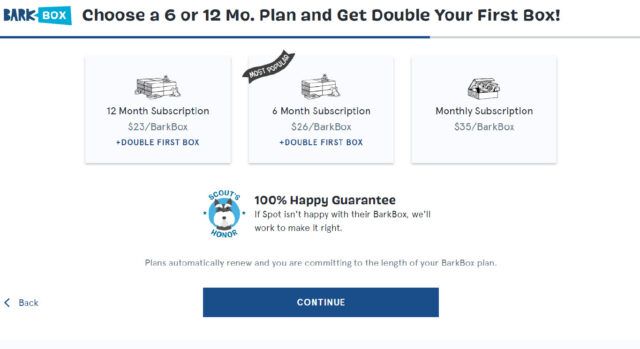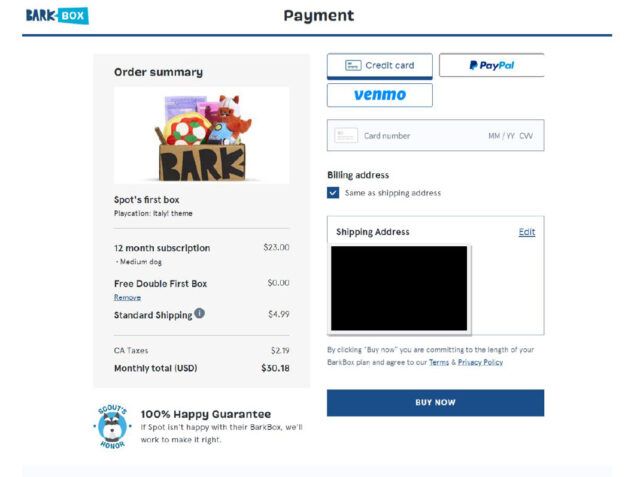It's that time of year again. Regardless of what you call them—subscriptions, negative option programs, automatic renewals, or continuous service offers—states are continuing to enact and enforce new laws with increasingly strict requirements. Many new requirements have come into play since last year, so if you haven't conducted a checkup recently, now is a great time.
Enforcement Trends in California
California's autorenewal law has not been amended since last year, but it continues to be vigorously enforced by private class action plaintiffs and state regulators. Earlier this month, the California Autorenewal Task Force (CART) announced settlements with Bouqs and the Los Angeles Times.
In the case against Bouqs, California alleged that the online flower delivery company failed to:
- Clearly and conspicuously disclose the autorenewal terms in visual proximity to the request for consent
- Obtain affirmative, express, informed consent to the offer
- Provide a post-payment acknowledgment that included clear and conspicuous disclosure of the autorenewal terms
California's settlement with Bouqs requires the company to pay $240,000 and to update its practices to comply with California's autorenewal law. The settlement explicitly requires the company to obtain affirmative consent through a checkbox, signature, express consent button, or other, substantially similar mechanism that the customer must affirmatively select to provide consent to the terms. The autorenewal terms must appear immediately adjacent to the request for consent.
California's allegations in the LA Times case were narrower, challenging only that the newspaper failed to provide customers with a post-purchase confirmation of their subscription that clearly and conspicuously disclosed all of the autorenewal terms. The settlement requires the newspaper to pay $100,000 and provide a post-order acknowledgment with the automatic renewal terms, cancellation policy, and information regarding how to cancel in a manner that is capable of being retained by the consumer.
Private litigation in California continues. Plaintiffs have challenged the autorenewal practices of companies as diverse as, Barkbox, Cerebral, Talkspace, Keurig, the New York Times, PeoplwWhiz, and Hungry Root. Multiple courts (including the Ninth Circuit) have issued helpful decisions under laws substantively identical to California's. For example, district courts in Oregon and Washington have rejected plaintiffs' arguments that "affirmative consent" requires consumers to click a checkbox or take another action separate from the action used to complete their order.
However, a California district court found that disclosures on the following website were not "clear and conspicuous" because "the message is printed in text that is smaller and lighter in color than all other information on the page, and it does not in any other way call attention to itself."

The court also refused to compel arbitration, despite the following disclosure appearing on the checkout page:

The court held that the "lone notice is printed in small, light-colored font at the bottom of a page crowded with other graphics and text more likely to attract the user's attention." The decision deviates from others we saw in 2023, making it difficult for companies to keep up with courts' interpretation of the "clear and conspicuous" standard.
New State Law Trends—The Devil Is in the Details
Given that private plaintiffs and regulators aggressively challenge technical violations of autorenewal laws, organizations should take note of the new requirements emerging nationwide.
A number of state laws have imposed new disclosure and consent requirements. For example, Connecticut, Hawaii, and Kentucky now have laws explicitly requiring businesses to clearly and conspicuously disclose the automatic renewal terms. Tennessee's legislature has introduced a bill that would explicitly require companies to disclose the terms of promotional and discounted introductory prices.
States have also begun requiring companies to provide subscription acknowledgments. For example, Illinois amended its autorenewal law to require an acknowledgment that includes "a mechanism for cancelling the contract, which shall be offered in a manner in which the consumer commonly interacts with the business" and "the deadline by which the consumer must cancel in order to avoid being charged for a subsequent term." Nebraska introduced legislation that would require electronic autorenewal confirmations to include a link that directs the consumer to the cancellation process or another reasonably accessible electronic method that directs the consumer to the cancellation process if no link exists.
Renewal reminders have long been required by state laws. In addition to New York, Delaware and New Jersey laws require companies to provide renewal reminders. Delaware's law applies to offers where the renewal period is longer than one month and causes the contract to be in effect more than 12 months after the initial purchase. The law also requires businesses to provide an online cancellation procedure for customers who entered the contract online.
Cancellation is the greatest area of activity. Most state laws require a toll-free telephone number, an electronic mail address, a postal address if the company directly bills the customer, or another cost-effective, timely, and easy-to-use mechanism for cancellation. More stringent requirements have been launched in Connecticut, Illinois, Vermont, Virginia, Tennessee, and New Jersey.
For example, Virginia updated its autorenewal law to require companies making automatic renewal or continuous service offers through an online website to make available a conspicuous online option to cancel a recurring purchase of a good or service.
Illinois' new autorenewal law mirrors California's existing requirement that customers who accept an autorenewal offer online must be allowed to cancel exclusively online, which may include a termination email formatted and provided by the business that a consumer can send to the business without additional information, or a link to a website or other online service consumers can use to cancel.
On the bright side, Idaho quietly amended its law to remove the requirement that sellers provide "Free online cancellation of the subscription and cancellation in the same manner that the consumer used to subscribe."
Venable's Autorenewal Solutions Team (VAST) guides clients through all phases of automatic renewal programs. Join VAST on March 7 for a webinar about these and other hot topics in subscription programs.
The content of this article is intended to provide a general guide to the subject matter. Specialist advice should be sought about your specific circumstances.

